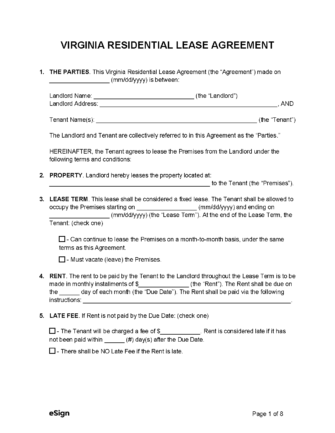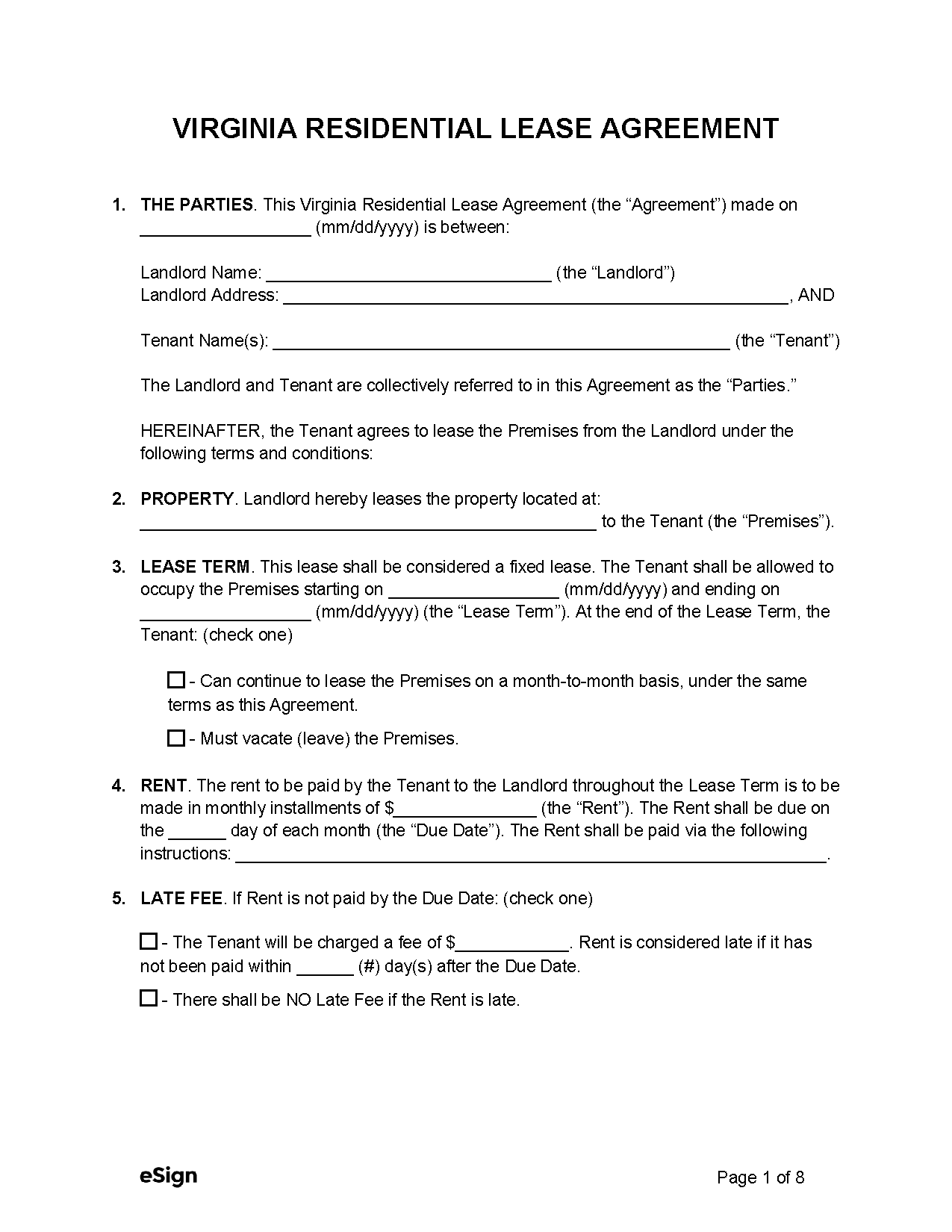Required Disclosures (11)
- Defective Drywall – Landlords must inform tenants of any defective drywall in the rental unit.[1]
- Demolition or Conversion to Condominium – If there is a pending plan to convert, demolish, or otherwise substantially modify the rental property, a multi-family rental property that would require the displacement of the tenants, the affected tenants must be notified.[2]
- Lead-Based Paint Disclosure (PDF) – Used to disclose to the tenant any presence of harmful lead-based paint within a dwelling constructed before 1978.[3]
- Manager and Owner Information – The names and addresses of the property manager, and the owner (or their agent) must be disclosed to the tenant in writing.[4]
- Methamphetamine Disclosure (PDF) – Used to inform the tenant of methamphetamine manufacturing history within the dwelling if it has not been cleaned up in accordance with state law.[5]
- Military Air Installation Disclosure (PDF) – Required if the dwelling is in the vicinity of a military airbase causing excessive noise and posing a risk of potential military accidents.[6]
- Mold – During the move-in inspection, the landlord must disclose any visible mold.[7]
- Move-In Inspection (PDF) – A report of the condition of the dwelling must be completed by the landlord within five days after the start of the tenancy.[8]
- Sale of Property – If the property gets sold during their tenancy, the tenant must be provided the new owner’s name, address, and phone number.[9]
- Statement of Tenant Rights and Responsibilities (PDF) – The Department of Housing and Community Development’s tenant rights form must be provided to the tenant and signed by both parties.[10]
- Tourism Activity Zone – Tenants moving into a dwelling in a tourism activity zone must be informed about potential disturbances.[11]
Rent Grace Period
There is a five-day grace period before landlords may charge late fees.[14]
Landlord Resources
- Virginia Residential Landlord and Tenant Act – Title 55.1, Chapter 12
- Handbooks (Guides):

